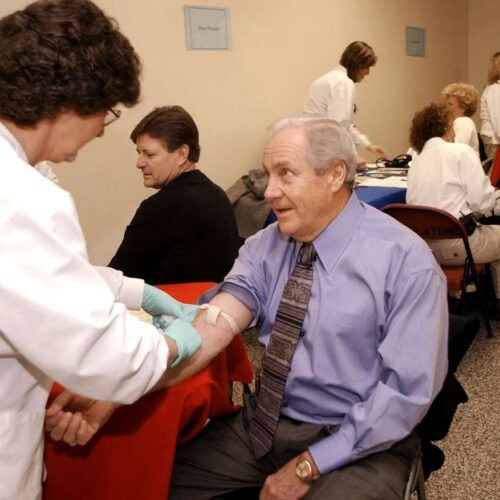Introduction
Mitt Romney’s selection of Rep. Paul Ryan as his vice-presidential nominee has vaulted Medicare to the top tier of election issues, thanks to Ryan’s proposal that the entitlement program be converted to a system of “premium support” that would provide subsidies for elderly beneficiaries to buy insurance on the private market. Judging by the fiery rhetoric from both campaigns, Medicare seems certain to remain a high-profile topic for the remainder of the contest.
But Medicare is a complex topic, and the charges and counter-charges seem likely to yield more heat than light for a confused electorate. A recent story by FactCheck.org provides a helpful reality check on the finger-pointing, but there’s been little of substance illuminating Medicare’s increasingly precarious finances and its often-confusing spending choices.
The Center’s Manipulating Medicare series has attempted to fill that void. In the next month, we’ll be adding to this reservoir of reporting with new investigative pieces on billing procedures by doctors and hospitals that have added tens of billions of dollars to our Medicare tab.
In the meantime, catch up with these examinations of the Medicare system:
- A sobering but illuminating examination of an entitlement run amuk
- A little known American Medical Association panel has an outsized influence on what Medicare pays doctors
- A look behind the scenes at reimbursement policies for mammography reveals how Medicare spending decisions are influenced by politics
- Forty percent of Medicare spending on common cancer screenings appears to be unnecessary. The six-year pricetag? $1.9 billion.
Read more in Health
Health
Hospital ‘facility fees’ boosting medical bills, and not just for hospital care
Charges also added for hospital-owned urgent care centers, medical practices; Medicare budget-cutters want changes
Health
Blistering inspector general report says feds are failing to fight Medicaid home care fraud
IG has repeatedly warned Centers for Medicare and Medicaid Services about personal services program for home care


Join the conversation
Show Comments